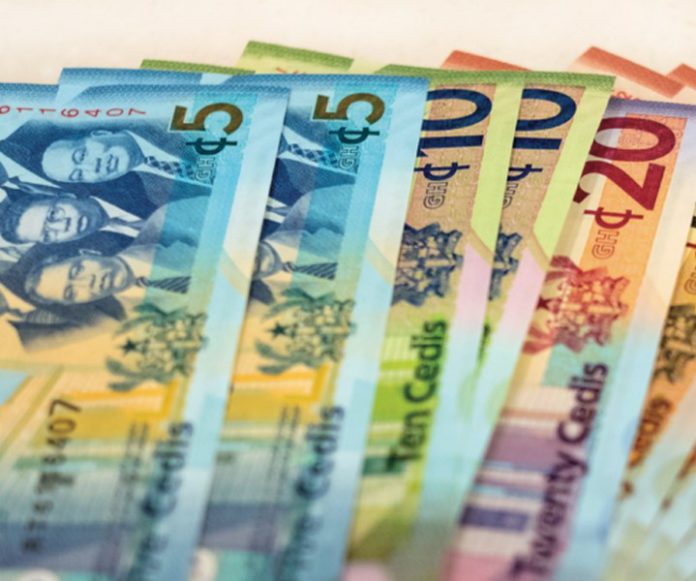First Deputy Governor of the Bank of Ghana, Dr. Zakaria Mumuni, says the cedi’s performance is not only a dramatic reversal from last year but an unprecedented feat since adopting a flexible exchange rate regime.
“Year to date, we’ve had the cedi appreciating by over 12%—specifically 12.2%,” he stated on PM Express Business Edition.
“The same time last year, we had depreciated by about 13%. So this is a complete reversal of what the situation was.”
Calling it “maybe unprecedented,” Dr. Mumuni said the cedi’s surge reflects the most decisive and effective policy mix the central bank has rolled out in recent history.
“If you look at the data from when we started the floating rate regime up to now, this is the only time within the first four or five months that we have had this level of strength in the Ghana cedi.”
He emphasised that the turnaround is largely driven by domestic policy, not just external conditions.
“The domestic factors really have more weight in this performance than the external factors,” he said. “It simply reflects the careful mix of policies that are being implemented.”
A key part of this strategy was the Bank of Ghana’s decision to hike interest rates and tighten monetary policy, moves that initially attracted public backlash.
“When we raised the policy rate, a lot of people, including GUTA, came after us,” he recalled.
“They had all kinds of comments. Analysts were not happy. But we knew exactly what we were doing—and it’s the fruits you are beginning to see.”
Dr. Mumuni pointed to the Bank’s aggressive liquidity management as central to the disinflation process. “We tightened monetary policy to reengineer the disinflation process,” he explained.
“This is really helping, and we are doing it through our open market operations.”
He added that the earlier hike in the cash reserve ratio also helped soak up excess liquidity.
“That has already sterilised some cedi liquidity in the system.”
The official’s remarks signal the central bank’s growing confidence that its unpopular but firm measures are yielding results.
He believes the cedi’s strong showing is proof that policy discipline and market management are starting to restore credibility to Ghana’s macroeconomic framework.



